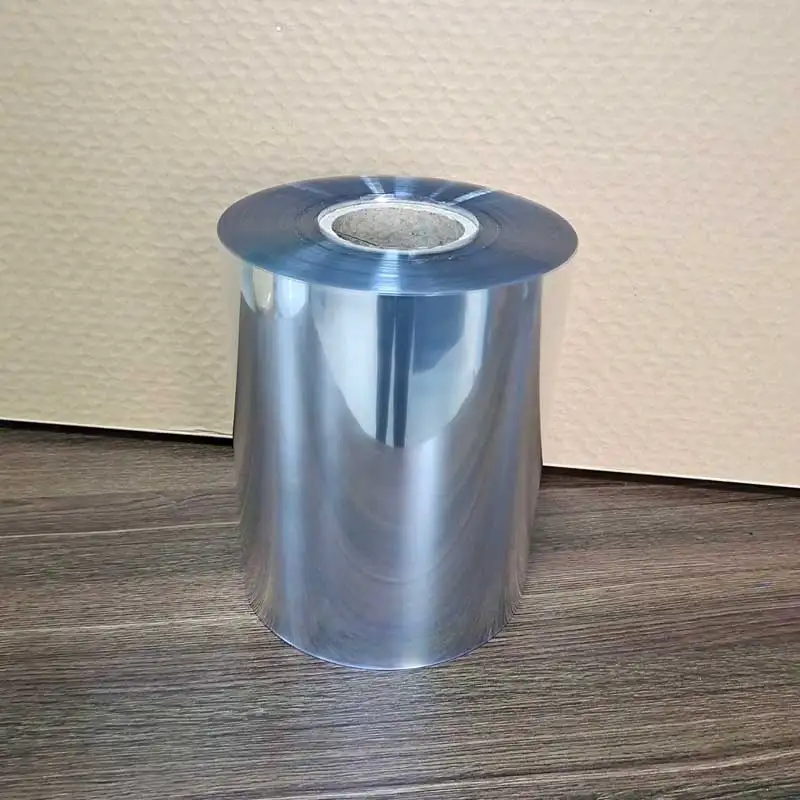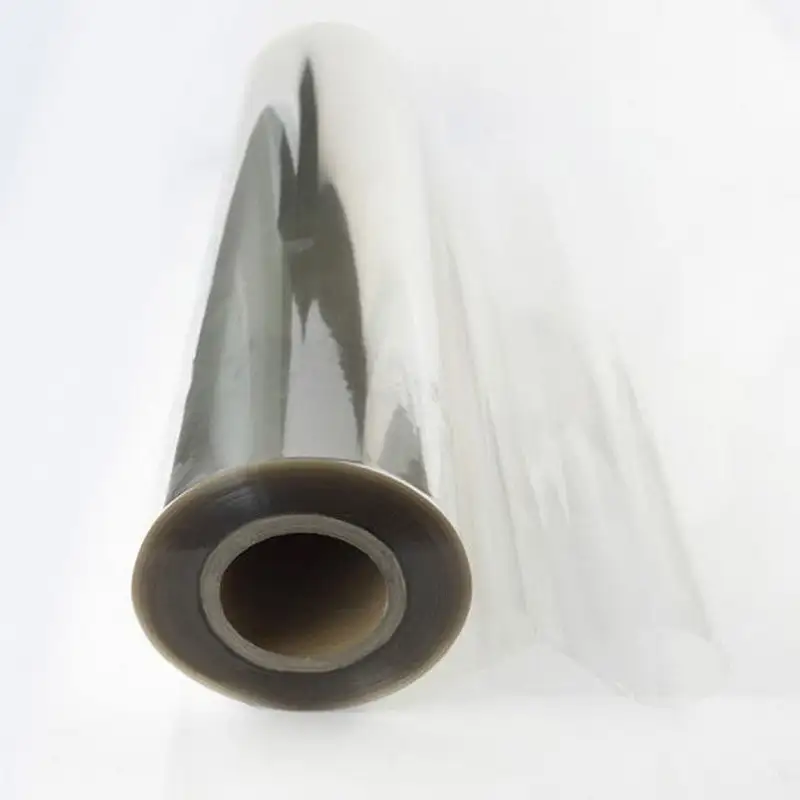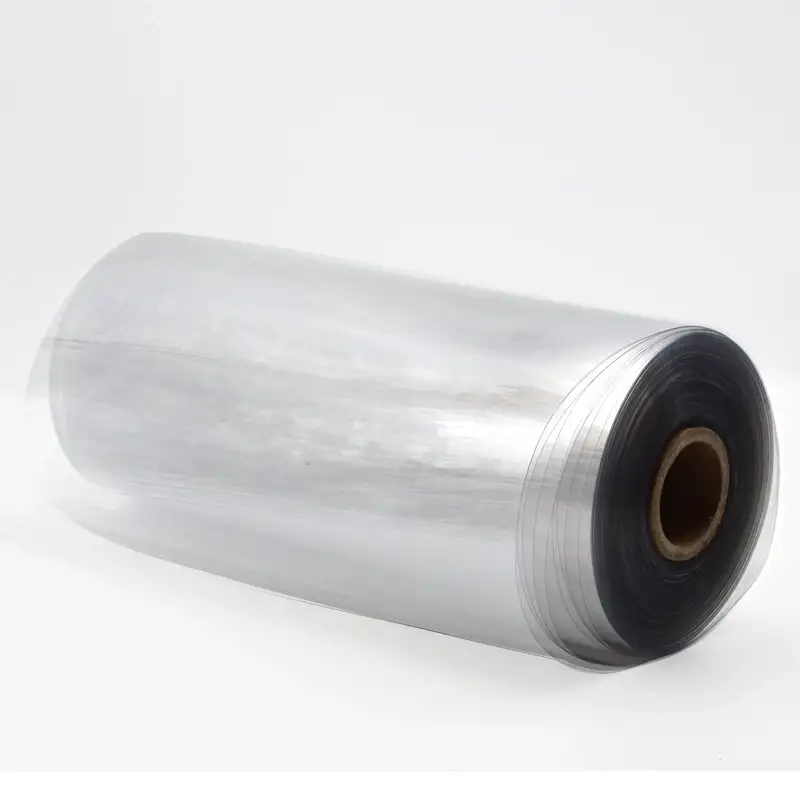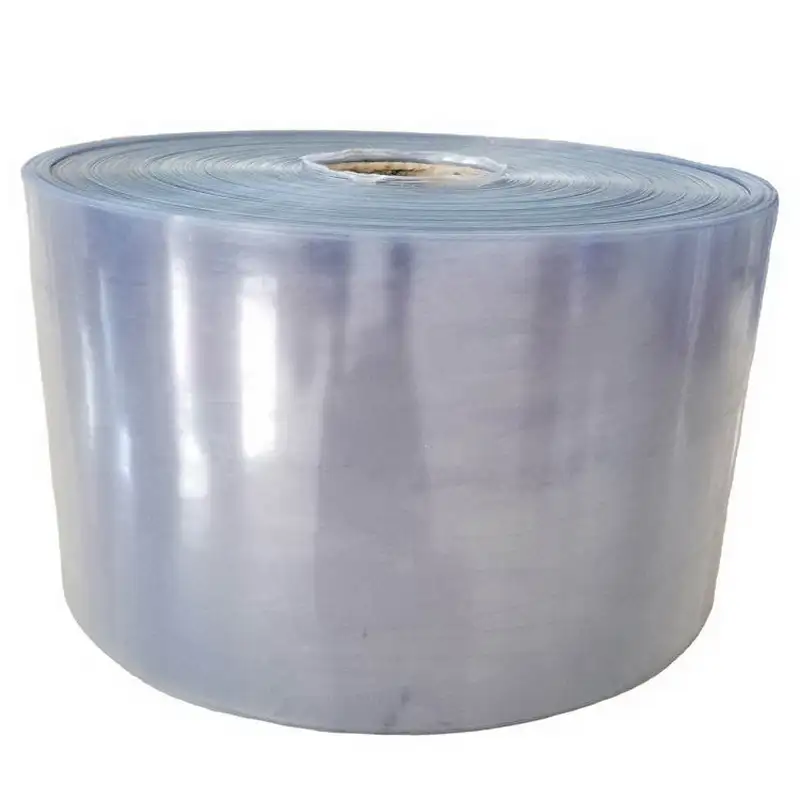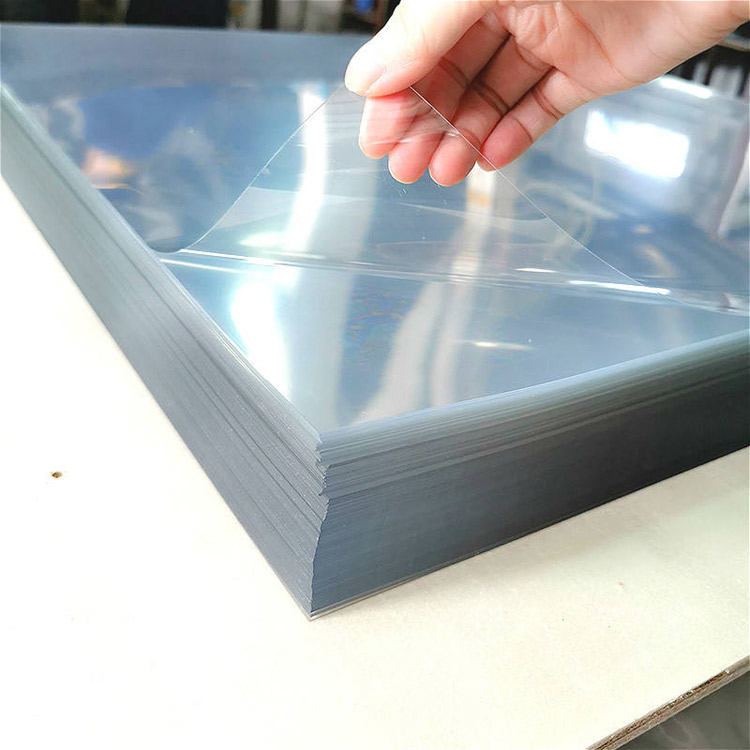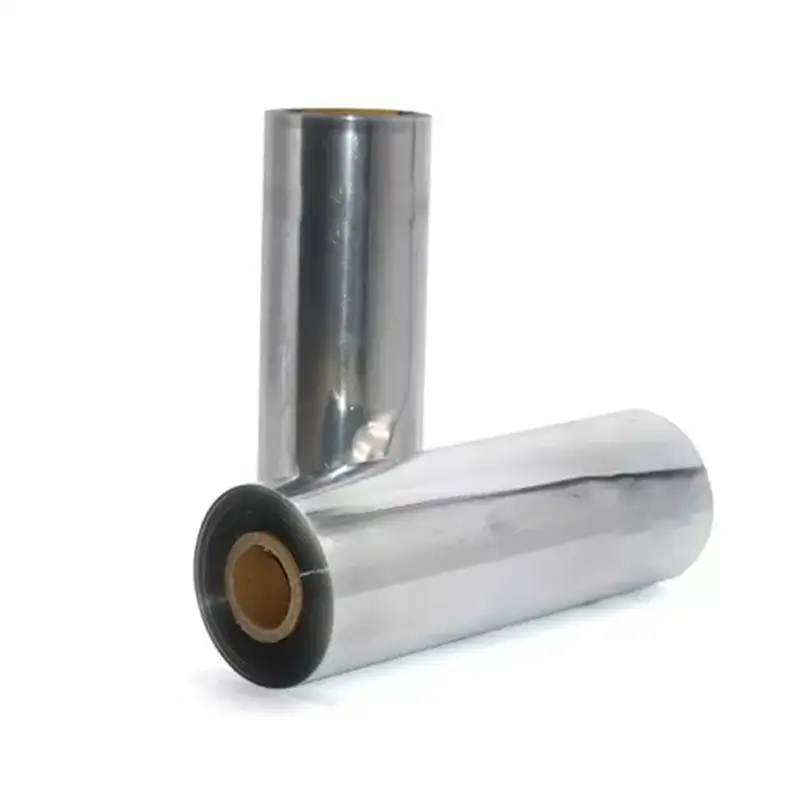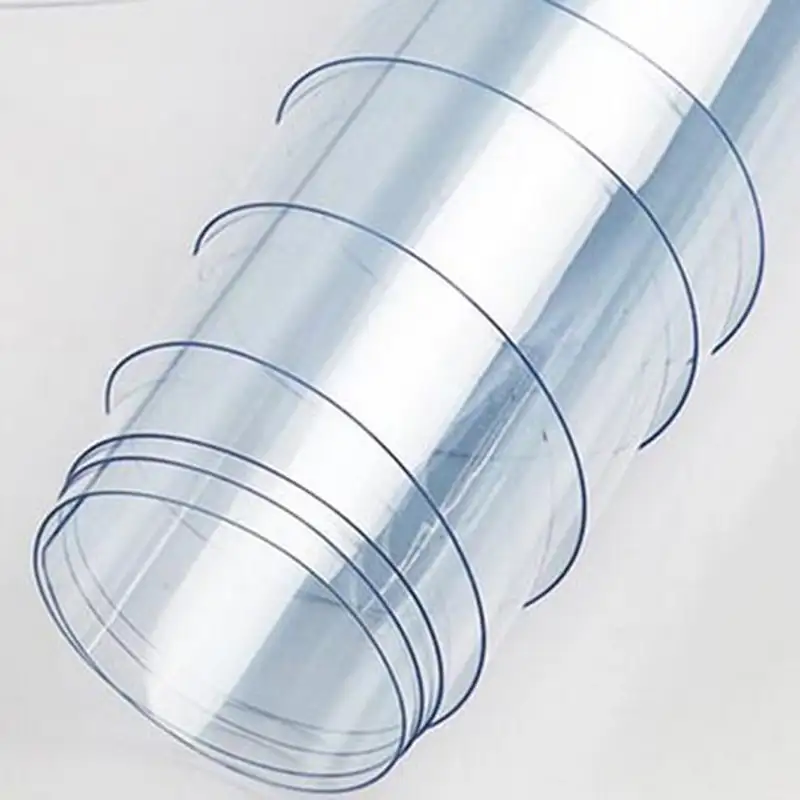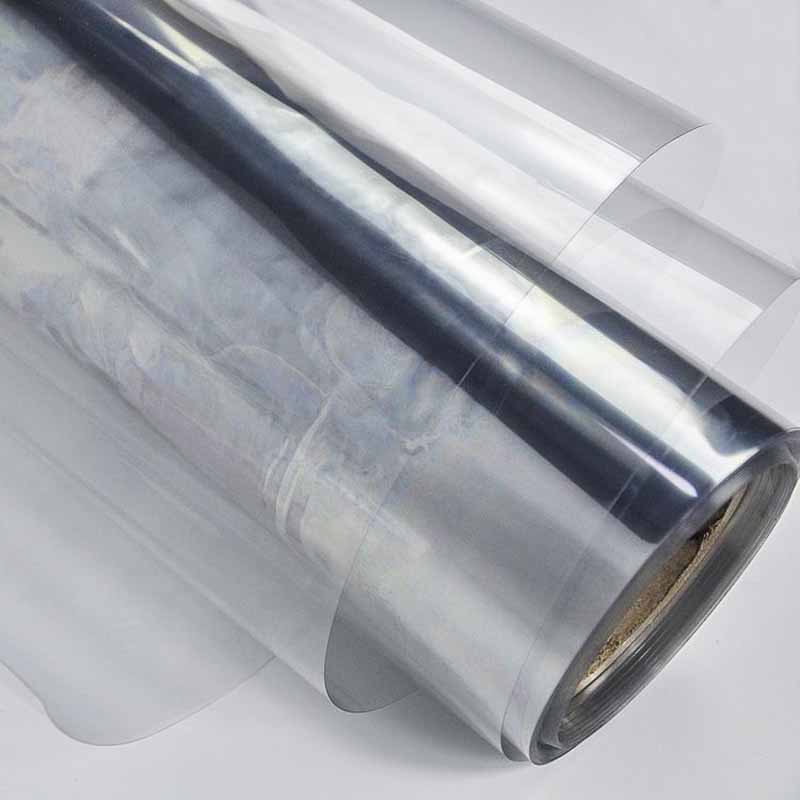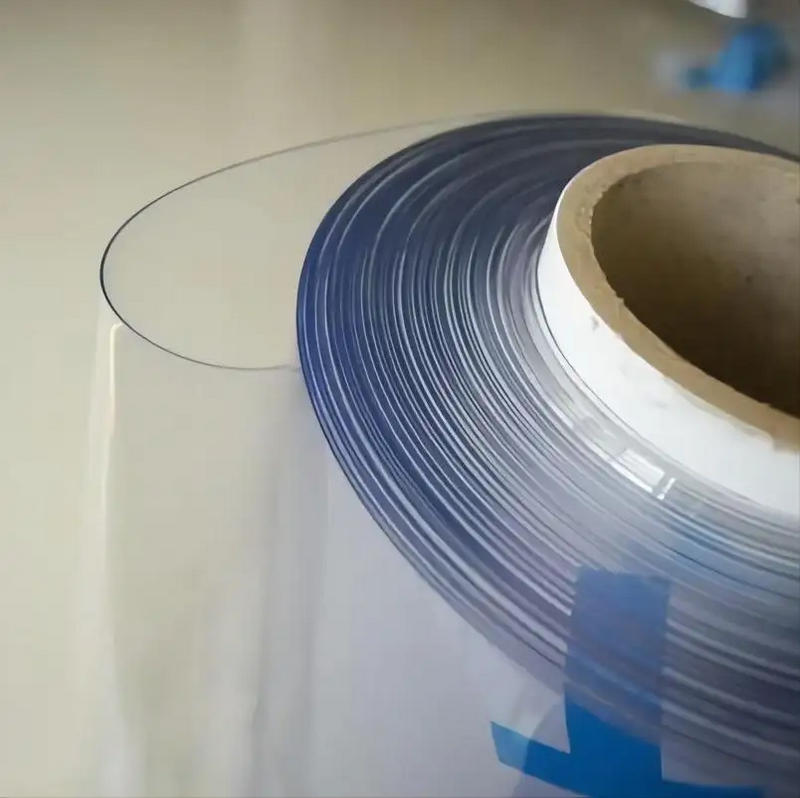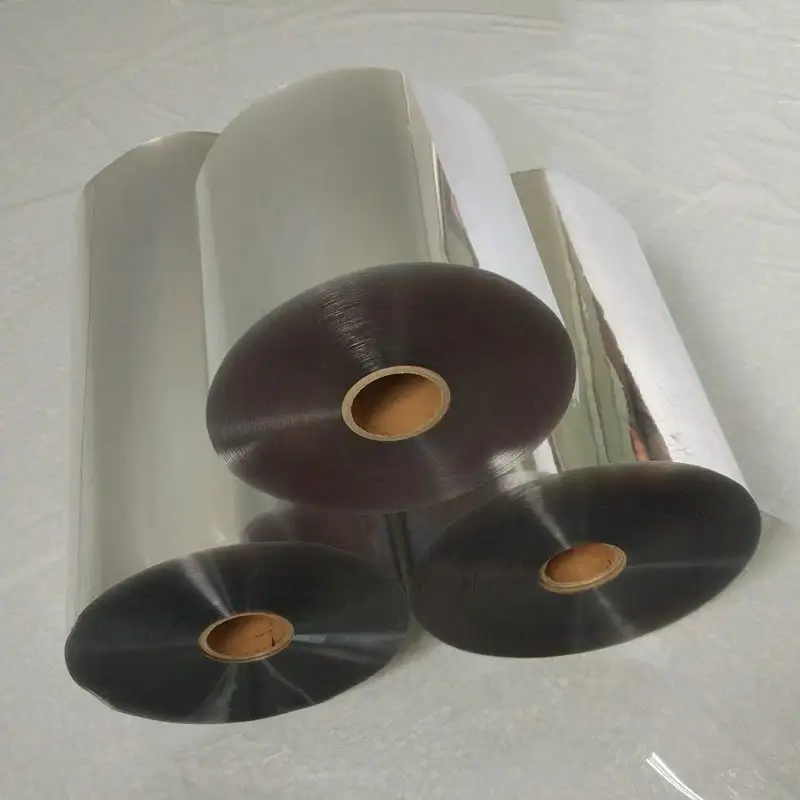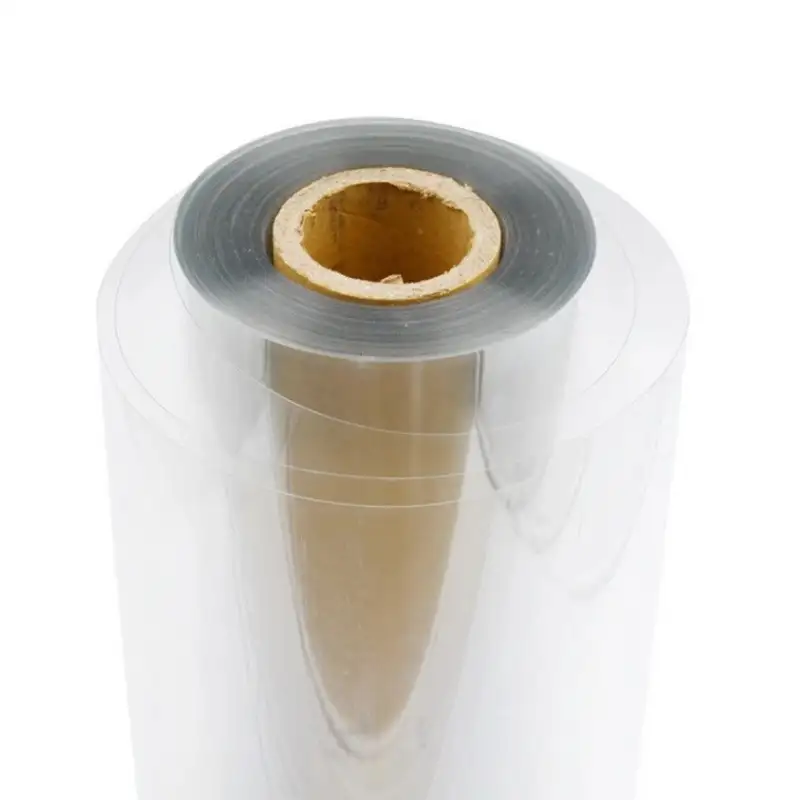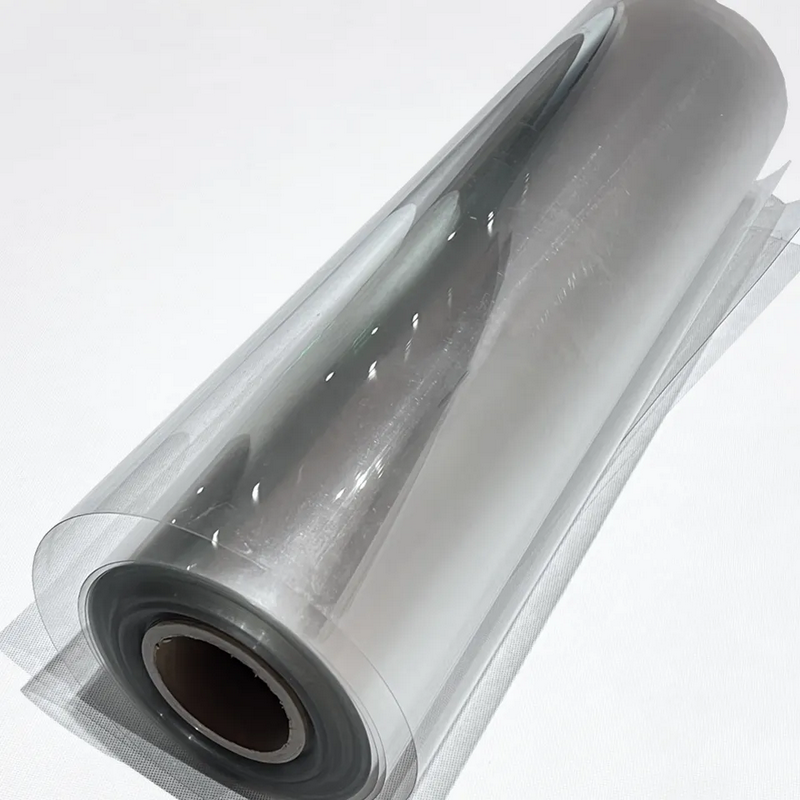Virgin VS Recycled Plastics What Are The Advantages And Disadvantages
August 1, 2024
News
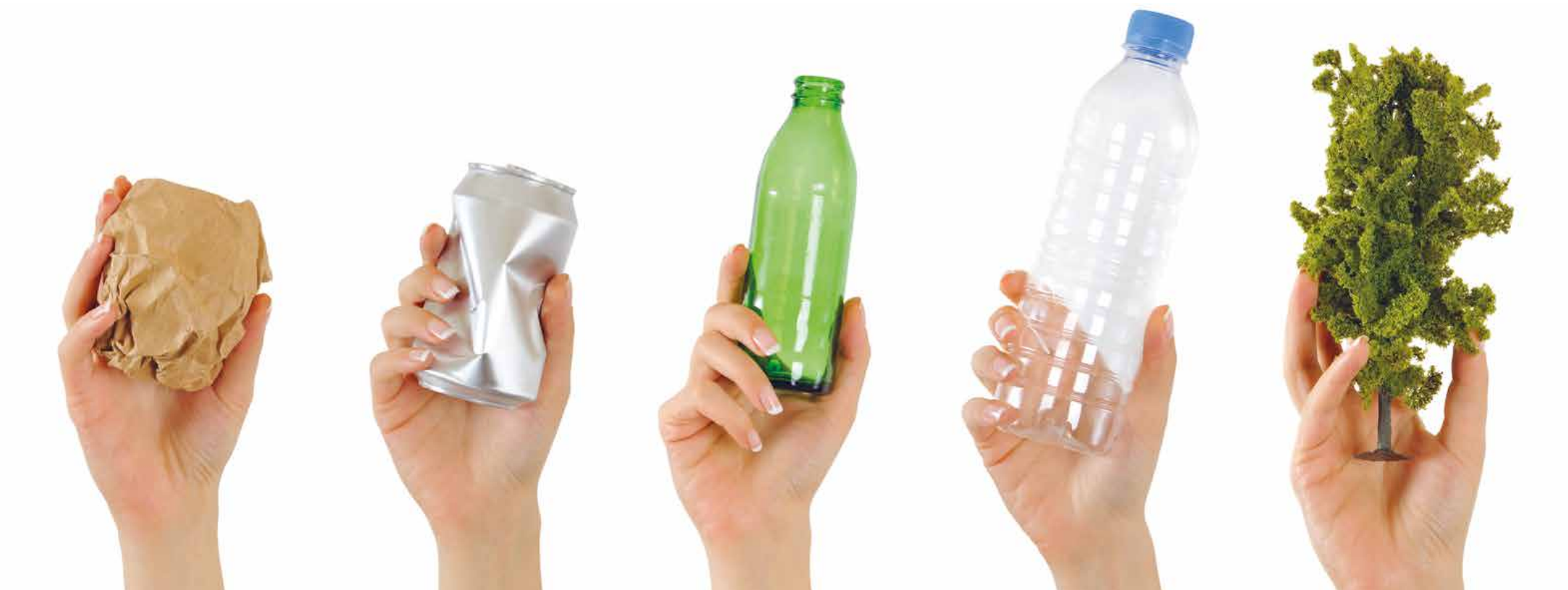
Plastic, a ubiquitous material in our daily lives, has become a focal point of environmental discussions due to its widespread use and impact on ecosystems. One critical debate within the plastics industry revolves around the choice between virgin and recycled plastics. Both options have their unique set of advantages and disadvantages, and understanding these factors is crucial for making informed decisions about sustainable material usage.
Virgin Plastics: Advantages
Quality and Purity: Virgin plastics are manufactured from new, unused resin, ensuring a higher level of purity and quality. This can be essential for applications where stringent standards for hygiene and safety are paramount, such as medical equipment or food packaging.
Consistency: Virgin plastics offer consistent material properties, making them predictable in terms of performance and processing. This reliability is particularly valuable in industries where precise specifications are essential, such as automotive manufacturing.
Innovation and Customization: Manufacturers often prefer virgin plastics when developing new products that require specific material properties. The flexibility and customization options provided by virgin resins support innovation and product development.
Virgin Plastics: Disadvantages
Environmental Impact: The production of virgin plastics involves extracting and refining raw materials, contributing to environmental degradation and greenhouse gas emissions. This process also depletes finite resources, such as fossil fuels.
Energy Intensive: Manufacturing virgin plastics is energy-intensive, requiring substantial amounts of electricity and contributing to carbon emissions. The environmental footprint of virgin plastics production is a significant concern in the context of climate change.
Waste Generation: The end-of-life impact of virgin plastics is notable, as they often end up in landfills, taking hundreds of years to decompose. This perpetuates the issue of plastic pollution and its associated environmental harm.
Recycled Plastics: Advantages
Resource Conservation: Recycling plastics reduces the demand for new raw materials, conserving natural resources and decreasing the environmental impact associated with extraction and production.
Energy Savings: Compared to the energy-intensive process of creating virgin plastics, recycling requires less energy. Using recycled materials helps lower overall energy consumption and mitigates the carbon footprint.
Waste Reduction: Incorporating recycled plastics into manufacturing helps divert plastic waste from landfills and oceans, contributing to waste reduction and addressing the global plastic pollution crisis.
Recycled Plastics: Disadvantages
Quality Variability: Recycled plastics may exhibit variations in quality, depending on the source and the recycling process. This inconsistency can pose challenges for certain applications that demand uniform material properties.
Contamination Concerns: Contamination is a potential issue in recycled plastics, as impurities from the original materials or inadequate sorting processes can compromise the quality of the recycled resin.
Limited Applicability: Some high-performance applications, such as medical or aerospace industries, may require the specific characteristics provided by virgin plastics, limiting the applicability of recycled materials in certain sectors.
In conclusion, the choice between virgin and recycled plastics involves a careful consideration of the specific needs of each application, along with a commitment to environmental sustainability. While virgin plastics may offer certain advantages in terms of quality and consistency, recycled plastics play a crucial role in resource conservation and waste reduction. Striking a balance and promoting the circular economy – where plastics are recycled and reused efficiently – represents a path towards a more sustainable future.”
Virgin Plastics: Advantages
Quality and Purity: Virgin plastics are manufactured from new, unused resin, ensuring a higher level of purity and quality. This can be essential for applications where stringent standards for hygiene and safety are paramount, such as medical equipment or food packaging.
Consistency: Virgin plastics offer consistent material properties, making them predictable in terms of performance and processing. This reliability is particularly valuable in industries where precise specifications are essential, such as automotive manufacturing.
Innovation and Customization: Manufacturers often prefer virgin plastics when developing new products that require specific material properties. The flexibility and customization options provided by virgin resins support innovation and product development.
Virgin Plastics: Disadvantages
Environmental Impact: The production of virgin plastics involves extracting and refining raw materials, contributing to environmental degradation and greenhouse gas emissions. This process also depletes finite resources, such as fossil fuels.
Energy Intensive: Manufacturing virgin plastics is energy-intensive, requiring substantial amounts of electricity and contributing to carbon emissions. The environmental footprint of virgin plastics production is a significant concern in the context of climate change.
Waste Generation: The end-of-life impact of virgin plastics is notable, as they often end up in landfills, taking hundreds of years to decompose. This perpetuates the issue of plastic pollution and its associated environmental harm.
Recycled Plastics: Advantages
Resource Conservation: Recycling plastics reduces the demand for new raw materials, conserving natural resources and decreasing the environmental impact associated with extraction and production.
Energy Savings: Compared to the energy-intensive process of creating virgin plastics, recycling requires less energy. Using recycled materials helps lower overall energy consumption and mitigates the carbon footprint.
Waste Reduction: Incorporating recycled plastics into manufacturing helps divert plastic waste from landfills and oceans, contributing to waste reduction and addressing the global plastic pollution crisis.
Recycled Plastics: Disadvantages
Quality Variability: Recycled plastics may exhibit variations in quality, depending on the source and the recycling process. This inconsistency can pose challenges for certain applications that demand uniform material properties.
Contamination Concerns: Contamination is a potential issue in recycled plastics, as impurities from the original materials or inadequate sorting processes can compromise the quality of the recycled resin.
Limited Applicability: Some high-performance applications, such as medical or aerospace industries, may require the specific characteristics provided by virgin plastics, limiting the applicability of recycled materials in certain sectors.
In conclusion, the choice between virgin and recycled plastics involves a careful consideration of the specific needs of each application, along with a commitment to environmental sustainability. While virgin plastics may offer certain advantages in terms of quality and consistency, recycled plastics play a crucial role in resource conservation and waste reduction. Striking a balance and promoting the circular economy – where plastics are recycled and reused efficiently – represents a path towards a more sustainable future.”
CONTACT PET-SHEET.COM
Our professional sales staff and technicians will determine the final characteristics of the product and material solution for the customer specific application and will provide the customer with a quote and a detailed time schedule, Please fill the form to contact our professional sales team.- Main Category
- APET Sheet Roll
- ESD Antistatic PET Sheet Roll
- GAG Sheet Roll
- PETG Sheet Roll
- RPET Sheet Roll
- Thermoforming PET Sheet Roll
- Latest Products
 PET-SHEET.COM
PET-SHEET.COM






